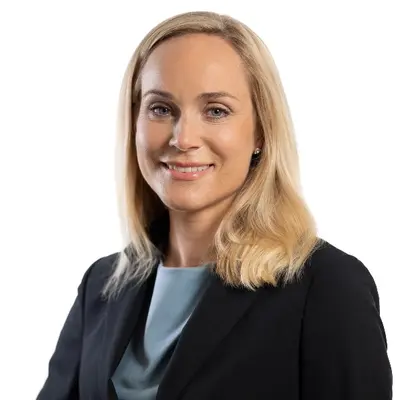Nasz Zarząd
Komitet Audytu
Misją Komitetu Audytu jest śledzenie pytań dotyczących wytwarzania i kontroli informacji finansowo-księgowych oraz zapewnienie skuteczności systemu śledzenia ryzyka i wewnętrznej kontroli operacyjnej w celu uproszczenia wykonywania przez Radę Nadzorczą jej funkcji inspekcyjno-kontrolnych. W tym zakresie Komitet Audytu pełni w szczególności następujące funkcje: (I) monitorowanie procesu wytwarzania informacji finansowych, (II) monitorowanie skuteczności systemów kontroli wewnętrznej, audytów wewnętrznych oraz zarządzania ryzykiem w zakresie finansów i informacji dot. rachunkowości, (III) monitorowanie ustawowych badań skonsolidowanych sprawozdań finansowych spółek przez biegłych rewidentów spółki oraz (IV) monitorowanie niezależności biegłych rewidentów.
-
Członkowie
-
Regulamin Komitetu Audytu
Komitet ds. Społecznej Odpowiedzialności Biznesu (CSR)
Misją Komitetu ds. Społecznej Odpowiedzialności Biznesu (CSR) jest wspomaganie Rady Nadzorczej w monitorowaniu polityki i strategii CSR Grupy Elis.
W ramach swoich obowiązków Komitet CSR wykonuje następujące zadania: rozpatrywanie zobowiązań i strategii Grupy w zakresie CSR, upewnianie się, że Grupa w jak największym stopniu reaguje na główne problemy, ryzyka i szanse w zakresie CSR oraz wydaje rekomendacje dotyczące działań Grupy, polityki CSR i jej osiągnięć.
-
Członkowie
Audytorzy
Reprezentowani przez Edouarda Sattler
Członka Regionalnego Towarzystwa Biegłych Rewidentów w Wersalu
63 rue de Villiers
92200 Neuilly-sur-Seine
Powołanie odnowione na Walnym Zgromadzeniu w dniu 23 maja 2019 r. na okres sześciu lat obrotowych, upływających z końcem Walnego Zgromadzenia, które zakończy rok obrotowy kończący się 31 grudnia 2024 r.
Mazars
Reprezentowana przez Isabelle Massa
Członka Regionalnego Towarzystwa Biegłych Rewidentów w Wersalu
61 rue Henri Regnault
Zwiedzanie Exaltis
92400 Courbevoie
Powołanie odnowione na Walnym Zgromadzeniu w dniu 23 maja 2019 r. na okres sześciu lat obrotowych, upływających z końcem Walnego Zgromadzenia, które zakończy rok obrotowy kończący się 31 grudnia 2024 r.
Potrzebujesz informacji?
*Pola wymagane
Kontakt
Twoje imię i nazwisko to dane, które widnieje na Twoich oficjalnych dokumentach.



























